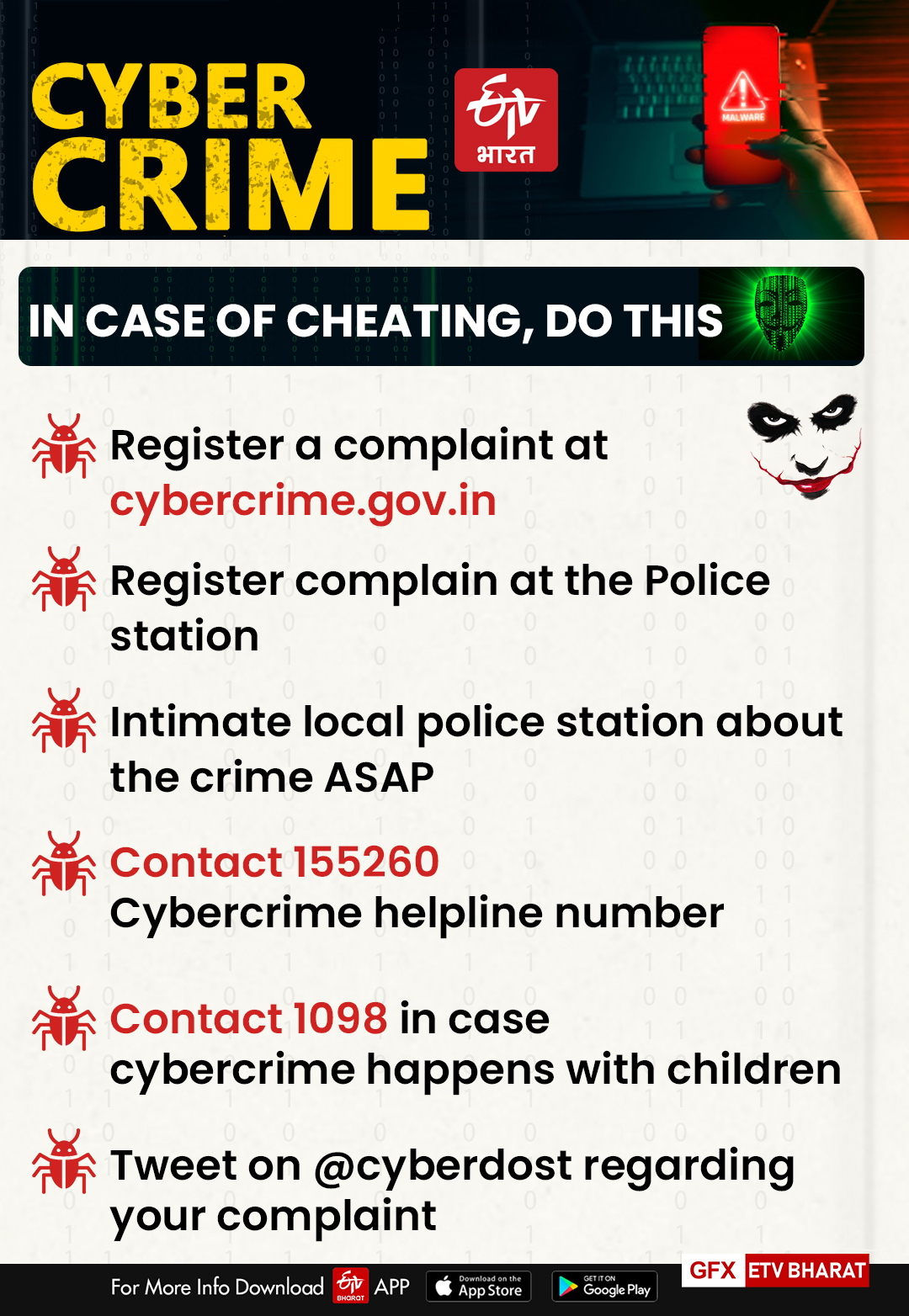Shimla: Researchers with cybersecurity firm Check Point reported a spike in hacker activity over the past 10 months, with a surge in malicious phishing campaigns targeting online shoppers in the form of 'special offers'.
The year 2020- a record-breaker in terms of online shopping as a result of Covid-19 related restrictions and concerns.
In a fresh case of online fraud, a woman, hailing from Himachal Pradesh's Shimla brought a dinner set through Amazon- a popular online shopping website based on America.
Soon after the order got delivered, she got a call from a suspicious number and offered a cashback for her recent purchase of the dinner set. The unknown caller asked her to scan a QR code and demanded to fill the bank details in order to receive the cashback amount.
The woman, in her, complaint, said that she lost an amount of Rs 10,000 soon after she scanned the QR code and filled the details.
According to Shimla Cybercrime SSP Narvir Singh Rathod, this kind of online fraud has been tremendously increased since the coronavirus pandemic erupted in the country.
Don'ts
- Never share personal credentials, such as ATM PIN, OTP
- Avoid buying something online using your payment details from a website that does not have a secure sockets layer (SSL) encryption installed.
- Never click on suspicious links
- Avoid scanning of QR code which is not known to you
- Never use public Wi-Fi while using internet banking
- Banks never call for personal details; never share your bank details to anyoneIn case of fraud, do this

"A criminal is a fast learner. He keeps upgrading his skills in line with his changing surroundings, making it difficult for the law enforcing agencies to keep pace. Those involved in white-collar crimes are even harder to trace and arrest as, unlike other criminals they can commit a crime without being physically present near the victim. Now it seems that cybercriminals have fast adapted to the country's state of lockdown and evolved new tactics to dupe people. So, beware of such fraud calls and messages also", added Rathod.
Also Read: White-collar crimes are harder to trace: Financial Crime Branch



